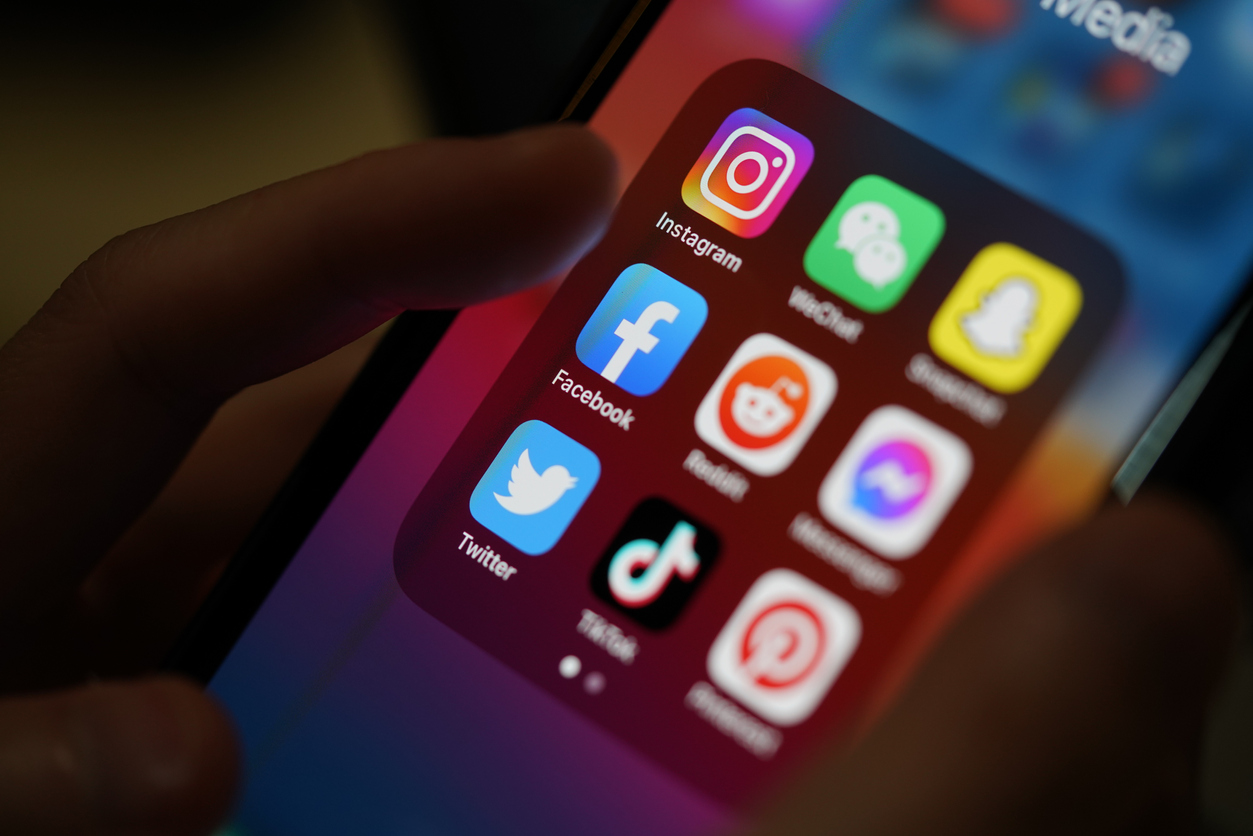Social Media’s Role in Lawsuits

There is no denying that the prevalence of social media has drastically increased worldwide over the past decade. A quick, informal Google search reveals that Facebook averages around 2.91 billion monthly users. And we all know that social media is not limited to Facebook these days, most people also have multiple social media accounts including: Twitter, TikTok, Instagram and YouTube. Including these platforms, the average total monthly unique users totals about 5 billion. Social media impacts every facet of our lives including the justice system. Social media’s impact on litigation is undeniable.
This was recently on full display in the Gwyneth Paltrow civil trial where she was the defendant against a plaintiff seeking compensation for personal injuries as a result of a skiing incident. When the plaintiff took the stand, defense counsel was armed with pages upon pages of social media posts depicting the plaintiff as a jet setter despite having allegedly sustained a head injury. As a plaintiff lawyer, it was painful to watch. As a former insurance defense lawyer, it was predictable. Predictable that the defense would look into the plaintiff’s social media and online footprint for any evidence to help their case by minimizing the impact the alleged injuries had on the plaintiff’s life.
As a former insurance defense lawyer, I can attest to the fact that social media searches are the first thing many lawyers undertake when retained to defend a case involving personal injuries. Social media accounts are a treasure trove of information and it is easy to access. By simply typing a person’s name into an internet search engine, pages on pages will populate including: social media hits, photos, and articles giving evidence of the plaintiff’s activities both before and after an accident. A plaintiff’s online footprint can reveal a plethora of relevant information which oftentimes can negatively impact their case.
All personal injury cases involve the plaintiff’s credibility. If a plaintiff has told medical providers or testified that they cannot do certain activities, but are then depicted on their social media accounts doing those exact activities, it can seriously harm the plaintiff’s case. It can be devastating to the plaintiff’s credibility. It is equally important to keep in mind that social media can also provide evidence of a person’s emotional state. This can raise issues for claims for emotional or psychological injuries.
In the era of social media, it has become increasingly easy for individuals to also misrepresent themselves and their lives for the public. It is easy to distort a version of oneself that does not truly align with reality. Who wants to constantly post how bad or how hard their life is after an accident? It is more common to just share the good moments. While this may seem harmless and irrelevant at the time of posting it can have profound and damning consequences in a personal injury case. Even though it might not be a true depiction of oneself or current state.
Social media can play a significant role in determining the outcome of a case. It is easy to see how social media posts can harm ones credibility. So keep this in mind while in the middle of a personal injury lawsuit.
About the Authors

Thomas is an Associate at Oatley Vigmond. His practise is entirely devoted to representing clients who have suffered a serious personal injury and is committed to helping clients achieve the compensation they deserve. Thomas previously worked for a prominent Toronto Insurance Defence firm where he defended insurance companies in motor vehicle accidents as well as other insurance related lawsuits.
